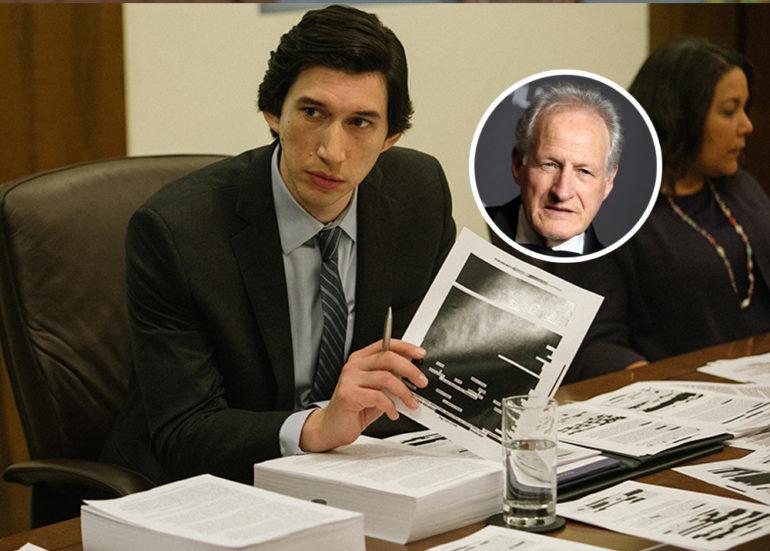Michael Mann: Scott Z. Burns’ ‘The Report’ Is ‘Not a Partisan Film, but a Deeply Human One’
By Michael Mann
LOS ANGELES (Variety.com) – Read more from Variety’s Directors on Directors, in which filmmakers praise their favorite movies of the year, here .
Scott Z. Burns’ “The Report” tells the story of the Herculean efforts of Daniel J. Jones to make sure that the Senate Intelligence Committee report on torture saw the light of day.
Its powerful resonance with “right now” is because it makes us imagine how many thousands of unseen Daniel J. Joneses — mid-range white-collar workers with normal values and decent character — in government are leaving in droves from Justice, State, FDA, EPA, DEA … etc.
Dan Jones is a whistleblower in the tradition of Mark Felt, Karen Silkwood and Jeffrey Wigand; and Scott’s film fully earns its place at the table alongside the iconic pictures of Alan J. Pakula, Sidney Lumet and Mike Nichols, not just because “” is similarly grounded in Washington and government, but because Scott perfectly conveys the pressurized air of inter-agency eavesdropping, interference and corruption from above. “The Report” also shares that paranoid quality of cautionary tales like “The Manchurian Candidate,” “Seven Days in May,” “The Parallax View” and “Three Days of the Condor.” Paranoia or pattern recognition, they grew out of our unease with the official narratives emanating from or corrupted from within the corridors of power.
But what’s special about “The Report” is that it’s not a partisan film, but a deeply human one. That is its great strength, virtue and heart. Scott’s “The Report” belies the fiction that the apparatus of government as an interfering bureaucracy, a wasteful moribund self-serving machine. It evokes a government worker more New Deal than “deep state.”
In the telling, Scott strikes a masterful balance between intellectual clarity and emotional resonance. That this is only his first theatrical feature — and shot in 26 days — feels like an act of sorcery. He gifted himself with an artist like Adam Driver, who gives Dan Jones the intensity of a man who devours information as if it were his very life’s breath, seeking the truth with the fervor of a hunter or an addict searching for a fix. It also helps to have the intelligence and regal bearing of Annette Bening as Jones’ enabler and occasional adversary, Sen. Dianne Feinstein — a shrewd study in the art of Beltway longevity.
The simple but profoundly human achievement of Scott’s film is in characterizing the unglamorous, unexceptional everyday man in extraordinary circumstances heroically persisting in seeking and bringing to light the truth. Jones is motivated by values outside the circumscribed self. And, Driver’s truth-telling authenticity in all his work is because we sense a man with real life experience.
This is cinema reflecting back at us — in a sharp and uncomfortable light — truth and service in grim dark times. It arrives at a moment when factual reportage and objective truth are under attack, and the cartoon character wielding the instruments of mass communications takes its cues from the World Wrestling Federation. ’ “The Report” could scarcely feel more urgent, disquieting and necessary.
Michael Mann was Oscar-nominated for directing “The Insider.” His other films include “Heat,” “The Last of the Mohicans,” “Collateral” and “Public Enemies.”

